A Conversation with Bruce Duffie
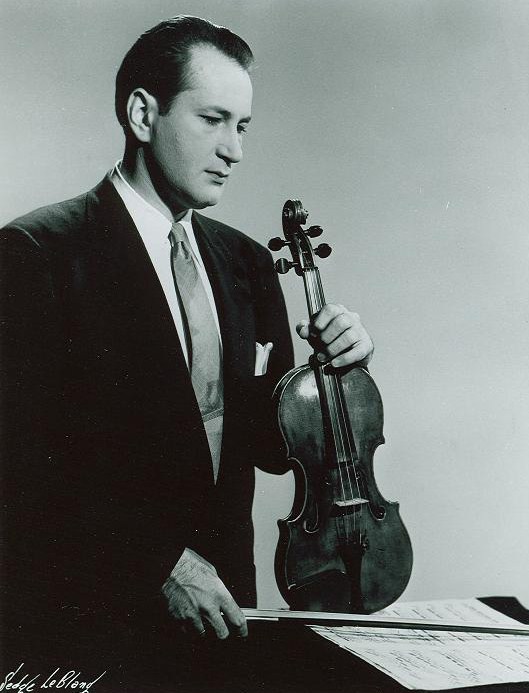

|
Victor Aitay was born in Budapest on April 14, 1921, and entered the Franz Liszt Royal Academy at the age of seven. The faculty included Béla Bartók, Zoltán Kodály, Ernst von Dohnányi, and Leo Weiner. After receiving an artist’s diploma there, he became concertmaster of the Hungarian Royal Opera and Philharmonic Orchestra, and he organized the Aitay String Quartet. He toured extensively throughout Europe with that ensemble, and also performed in recital and as soloist with major orchestras. During World War II, Aitay was among the tens of thousands of Hungarian Jews who survived the Holocaust because of the heroic efforts of Swedish diplomat Raoul Wallenberg. Aitay and Eva Vera Kellner were married just after the war on November 17, 1945. In 1946, they left Hungary along with their friend János Starker and other colleagues, and went to Vienna. They soon traveled to the United States, where Aitay auditioned for and was hired by Fritz Reiner, then music director of the Pittsburgh Symphony Orchestra. After two seasons (1946–1948) in Pittsburgh, he joined the orchestra of New York’s Metropolitan Opera beginning in 1948, and was rostered until 1955, serving as associate concertmaster from 1952 until 1955. In 1954, again at the invitation of Fritz Reiner, he joined the Chicago Symphony Orchestra as assistant concertmaster. In 1965, Aitay was appointed associate concertmaster by Jean Martinon. Two years later, Martinon promoted Aitay to the position of concertmaster. He served the Orchestra in that capacity until 1986, when he relinquished the chair to serve as concertmaster emeritus until his retirement in 2003. Aitay also served as professor of violin at DePaul University, music director and conductor of the Lake Forest Symphony, and leader of the Chicago Symphony String Quartet. He was awarded an honorary doctor of fine arts degree from Lake Forest College.He died July 24, 2012. == Biography (slightly edited) from the Chicago
Symphony website.
== Names which are links in this box and below refer to my interviews elsewhere on my website. BD |
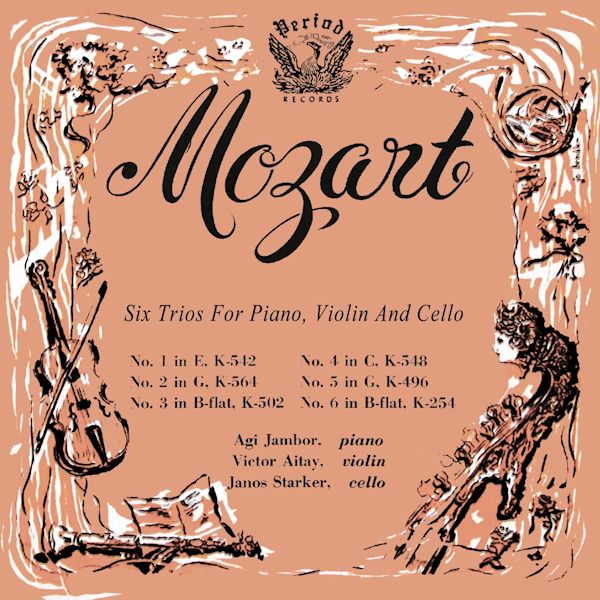
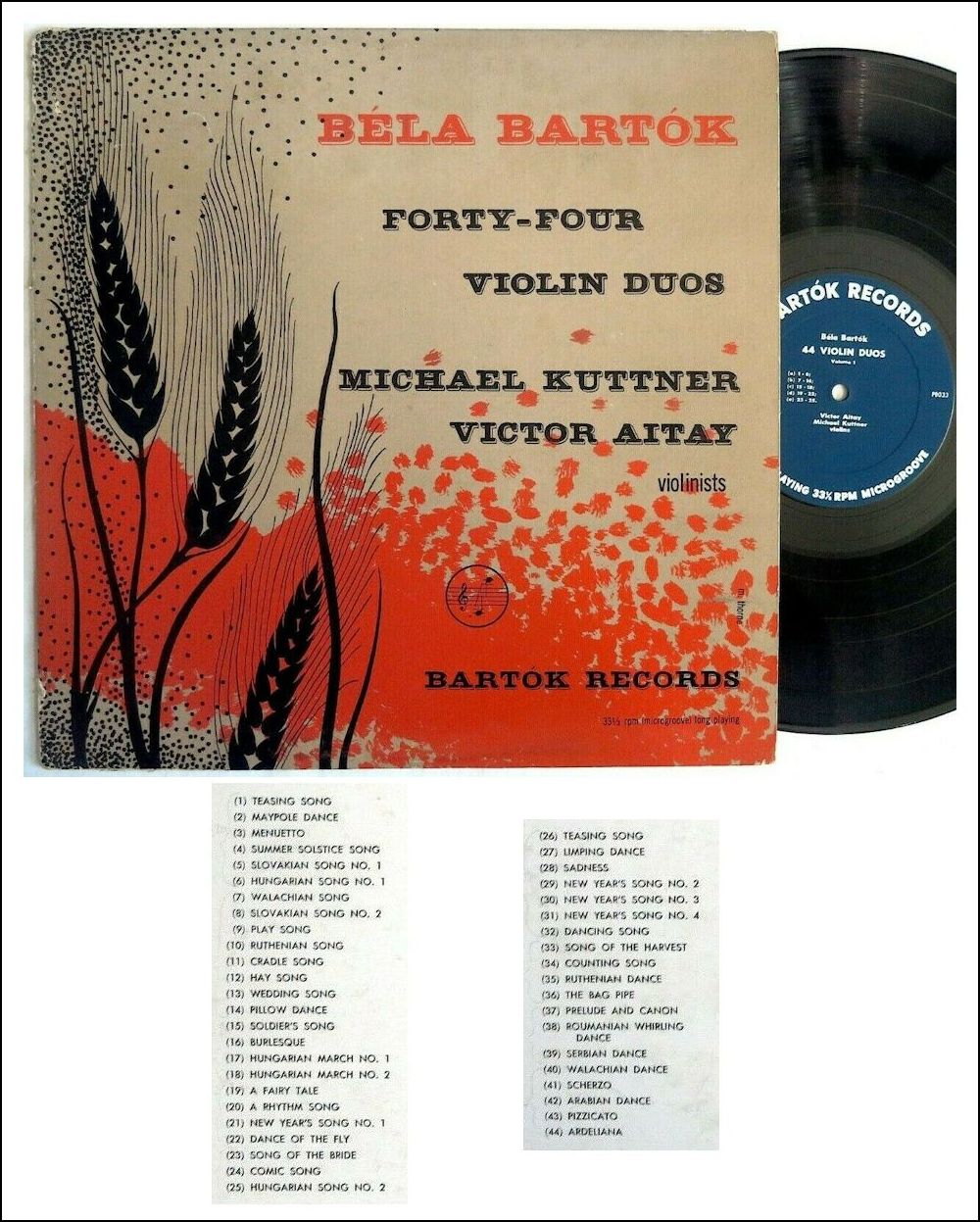
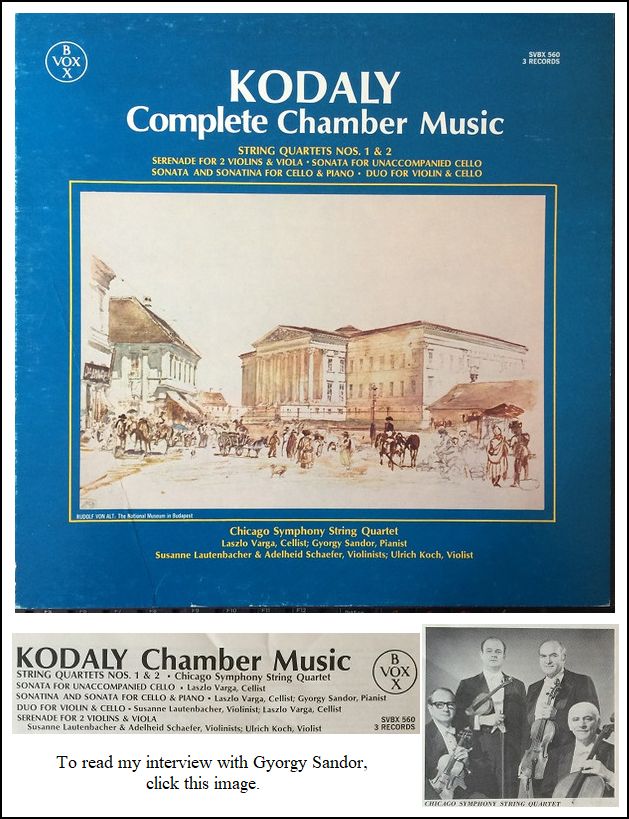
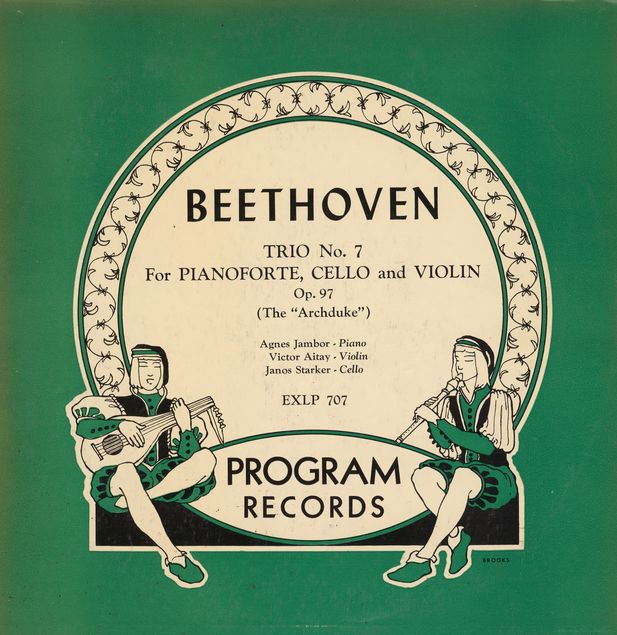
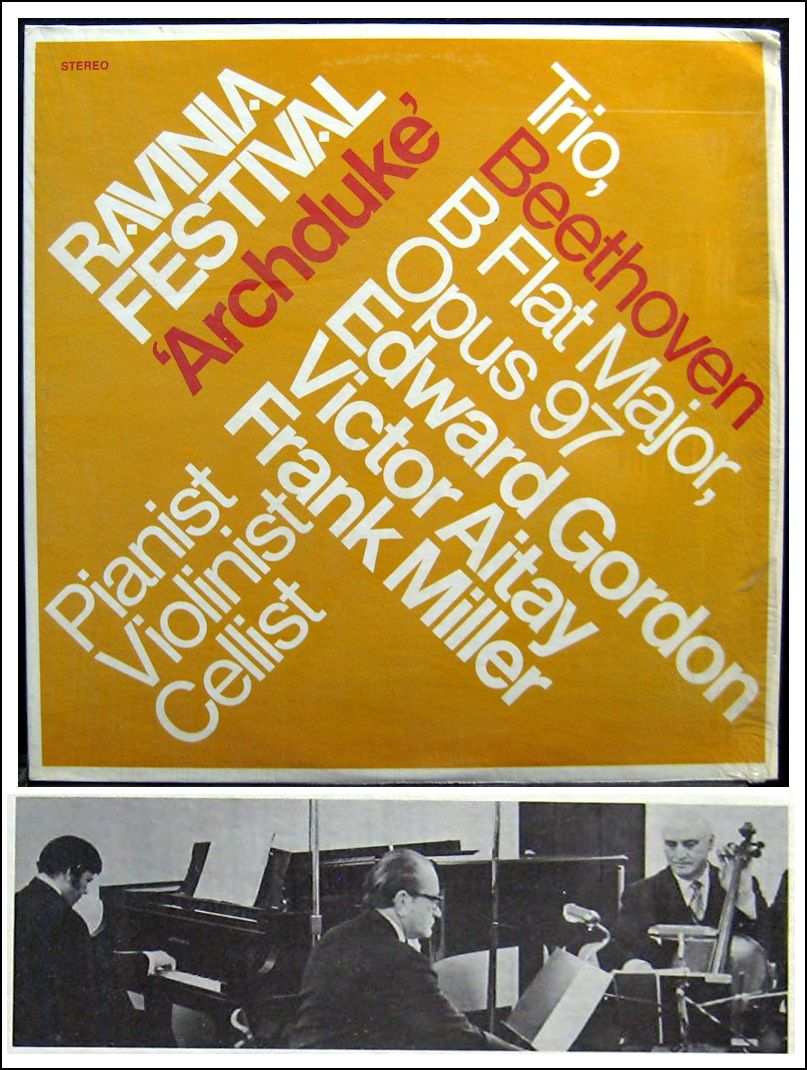
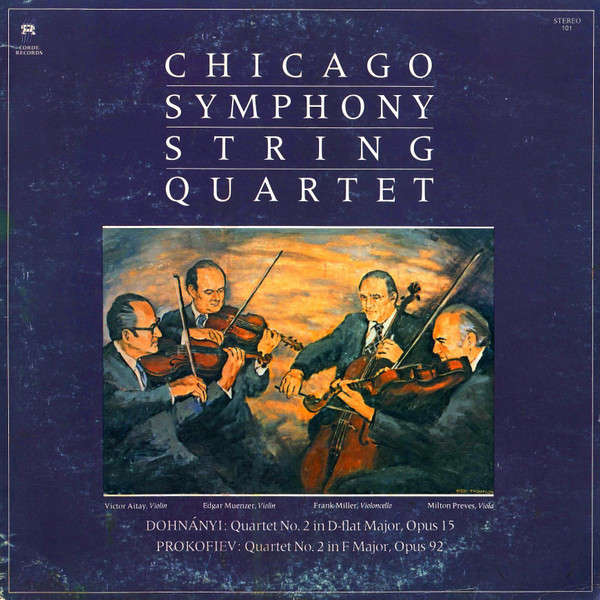
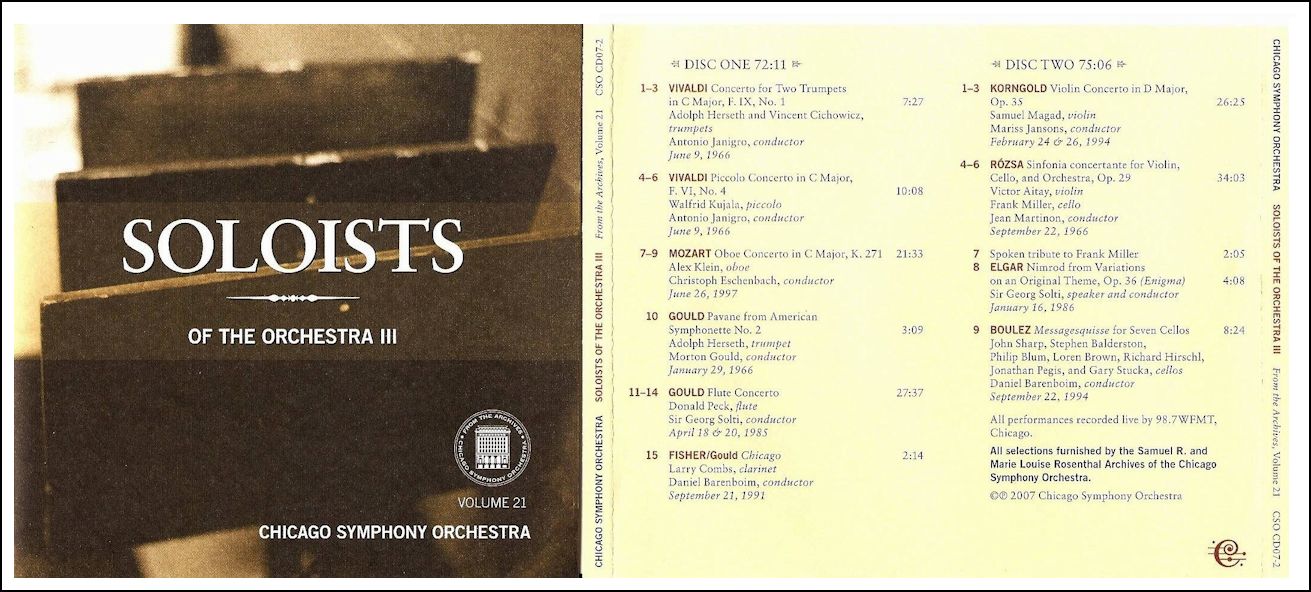
[If I may, a personal recollection concerning the Stradivarius mentioned above... Maxim Vengerov has been a guest soloist with the CSO on several occasions. One time, in the middle of his concerto, he broke a string. This happens occasionally, so there is a protocol. The soloist trades instruments with the concertmaster and continues performing. The concertmaster hands the violin to another player in the section who replaces the string. He then hands the instrument back to the concertmaster, who returns it to the soloist at a convenient time in the music. On this occasion, as they were about to start the final movement, the concertmaster that week, Rubén González, attempted to hand the violin back to Vengerov. The soloist hesitated, looked carefully at the borrowed instrument, and shook his head, indicating that he preferred to keep the Stradivarius for the remainder of the performance. Everyone smiled, and there was loud applause from the audience.]
© 2002 Bruce Duffie
This conversation was recorded backstage at Orchestra Hall in Chicago on June 8, 2002. Portions were broadcast on WNUR three months later, and again in 2014. This transcription was made in 2022, and posted on this website at that time. My thanks to British soprano Una Barry for her help in preparing this website presentation.
To see a full list (with links) of interviews which have been transcribed and posted on this website, click here. To read my thoughts on editing these interviews for print, as well as a few other interesting observations, click here.
Award - winning broadcaster Bruce Duffie was with WNIB, Classical 97 in Chicago from 1975 until its final moment as a classical station in February of 2001. His interviews have also appeared in various magazines and journals since 1980, and he now continues his broadcast series on WNUR-FM, as well as on Contemporary Classical Internet Radio.
You are invited to visit his website for more information about his work, including selected transcripts of other interviews, plus a full list of his guests. He would also like to call your attention to the photos and information about his grandfather, who was a pioneer in the automotive field more than a century ago. You may also send him E-Mail with comments, questions and suggestions.